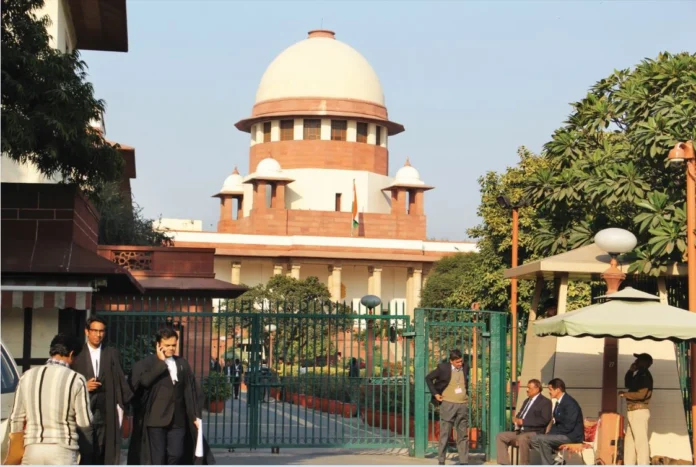By Vishwanathan Iyer
The case revolved around the insolvency resolution of Hindustan National Glass & Industries Ltd (HNGIL), a leading player in the glass packaging industry. AGI Greenpac, the second-largest entity in the sector, submitted a resolution plan to acquire the distressed company. However, INSCO—part of the East African Madhvani Group with no prior presence in India—challenged the approval of AGI Greenpac’s bid, arguing it lacked the mandatory prior clearance from the Competition Commission of India (CCI), as required under Section 31(4) of the Insolvency and Bankruptcy Code (IBC).
Regulatory Violations And Supreme Court’s Verdict
A key aspect of the ruling centres on the interpretation of Section 31(4) of the IBC, which mandates that any resolution plan involving a merger or acquisition must first secure CCI approval before being considered by the Committee of Creditors (CoC). The Supreme Court found AGI Greenpac’s resolution plan to be legally unsustainable because it bypassed this requirement.
Further strengthening the case for regulatory compliance, the Court cited Section 29 of the Competition Act, 2002, which mandates structured approvals for mergers and acquisitions that could lead to anti-competitive outcomes. The judgment unequivocally held that AGI Greenpac’s plan violated competition law, rendering it invalid.
Despite the CCI rejecting AGI Greenpac’s initial application under Form 1 on October 22, 2022, the CoC proceeded to approve the plan with an overwhelming 98 percent vote. This was in direct contravention of both Section 31(4) and Section 30(2)(e) of the IBC, which require resolution plans to comply with all applicable laws—including competition regulations—before CoC approval. Notably, INSCO’s resolution plan had already secured CCI clearance and garnered 88 percent of the CoC’s vote, yet AGI Greenpac’s non-compliant bid was preferred.
Implications For Future Insolvency Cases
By quashing AGI Greenpac’s resolution plan, the Supreme Court has sent a strong message: procedural lapses will not be tolerated. The ruling places a greater responsibility on Resolution Professionals and CoCs to ensure full regulatory compliance before approving a resolution plan. This decision is expected to enhance transparency and discipline in insolvency proceedings.
The apex court also criticized the flawed structure of AGI Greenpac’s proposal. The judgment noted that the plan created an “unfeasible sequence, as the divestment depends on the Resolution Plan’s implementation, which itself requires prior CCI approval, leading to unfeasible complications.” This highlights the dangers of procedural shortcuts that undermine the legal and economic viability of resolution plans.
This ruling has far-reaching consequences for India’s corporate insolvency landscape. It sets a clear precedent that resolution applicants must secure CCI’s approval in advance, leading to stricter due diligence and regulatory adherence. Critics may argue that this requirement could prolong insolvency timelines, but the Court has prioritized legal integrity over expediency, ensuring fair market practices and preventing monopolistic takeovers.
The Supreme Court’s decision not only reinforces competition law within insolvency proceedings, but also ensures that commercial interests do not override statutory compliance. Moving forward, all resolution plans must meet legal thresholds before they can be placed before creditors, making insolvency resolutions more transparent, legally robust, and aligned with public interest.
—The writer is an advocate practicing primarily in Delhi and Mumbai


